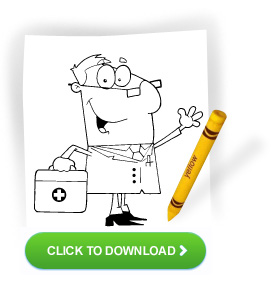What to Expect as Your Child Grows:
Well Child Care at 2 Weeks
Feeding
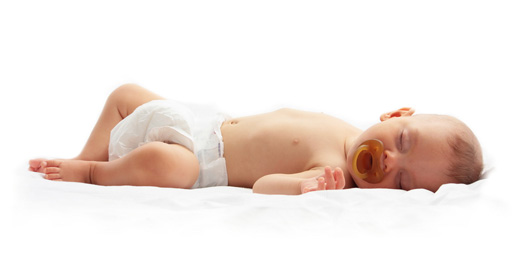 Feed only breast milk or iron-fortified formula, no water, in the first 6 months. Water is not recommended.
Feed only breast milk or iron-fortified formula, no water, in the first 6 months. Water is not recommended.- At this age, your baby needs only breast milk or infant formula to grow healthy and strong.
- Breastfed babies should usually feed about 10 minutes at each breast during each feeding. Bottle-fed babies take about two to three ounces of formula every two to three hours.
- Babies usually wake up at night to feed. This is normal.
- If your baby wants to feed more often, try a pacifier. Your baby may need to suck but not feed.
- Pacifiers reduce the risk of SIDS.
- Always hold your baby during feeding time. This is a good time to talk to your baby.
Development
- Babies are learning to use their eyes and ears. Smiling faces and gentle, pleasant voices are interesting for babies at this age.
- Babies usually sleep 16 or more hours a day. Healthy babies should be placed in bed on their backs. Sleeping on the back reduces the risk of sudden infant death syndrome (SIDS).
- Most babies will strain to pass bowel movements. As long as the bowel movement is soft, there is no need to worry. Ask your doctor about bowel movements that are hard.
- Babies usually wet the diaper at least six times each day.
- Many babies have lost their umbilical cord by 2 weeks of age. Don’t be alarmed if it hasn’t fallen off. Occasionally cords may stay on up to six weeks. A few drops of blood at separation are common and normal. Clean with alcohol and keep dry. Call the office if there is redness, swelling, discharge, or odor.
- If you feel depressed or overwhelmed, call your healthcare provider. Having a new baby is a major life change and may lead to postpartum depression.
Sleep
- Many babies wake up every three to four hours, while others sleep for longer periods during the night. Every baby is different.
- Feeding your baby a lot just before bedtime doesn’t have much to do with how long your baby will sleep.
- Place your baby in the crib when he’s drowsy but still awake.
- Do not put your baby in bed with a bottle.
- Ask your healthcare provider for ideas about ways to keep your baby alert and awake during the day and sound asleep at night.
Safety Tips
- Never leave your child alone, except in a crib.
- Choking and Suffocation
- Use a crib with slats not more than 2 and 3/8 inches apart.
- Place your baby in bed on his back.
- Use a mattress that fits the crib snugly.
- Keep plastic bags, balloons, and baby powder out of reach.
- Bumper pads are no longer recommended.
- Keep mesh netting of playpens in the upright position. - Fires and Burns
- Never eat, drink, or carry anything hot near the baby or while you are holding the baby.
- Turn your water heater down to 120° F (50° C).
- Install smoke detectors.
- Keep a fire extinguisher in or near the kitchen. - Falls
- Never step away when the baby is on a high place, such as on a changing table.
- Keep the crib sides up. - Car Safety
- Never leave a child alone in a car.
- Use an approved infant safety seat and follow the instructions for proper use.
- Parents should always wear seatbelts.
Smoking
- Children who live in a house where someone smokes have more respiratory infections. Their symptoms are also more severe and last longer than those of children who live in a smoke-free home. They are also more likely to smoke later in life.
- If you smoke, set a quit date and stop. Set a good example for your child. If you cannot quit, do NOT smoke in the house or near children. Ask your doctor about nicotine gum.
What to Expect at This Visit
- At this visit, we routinely perform a metabolic screening. This checks for 28 rare disorders. The screening is very important for your baby’s health. To do the test, the blood is drawn through a heelstick.
- If your baby has not received his hepatitis B vaccine at birth, it will be given at this visit.
- If you have not received a tetanus shot in the last year, you may want to consider getting the Tdap booster to help protect your baby from pertussis.

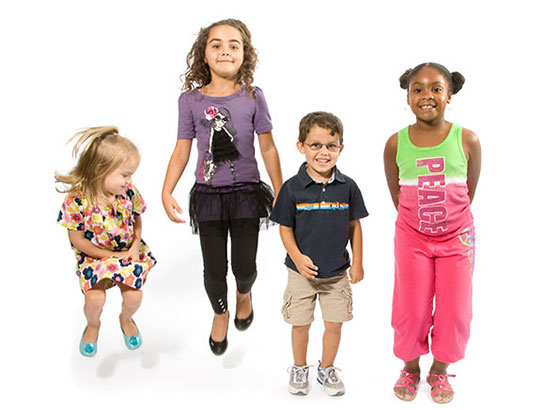
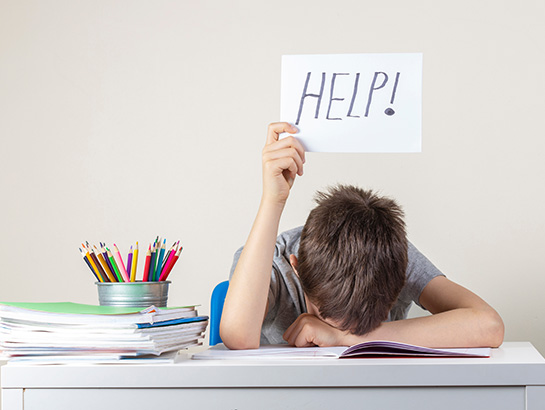
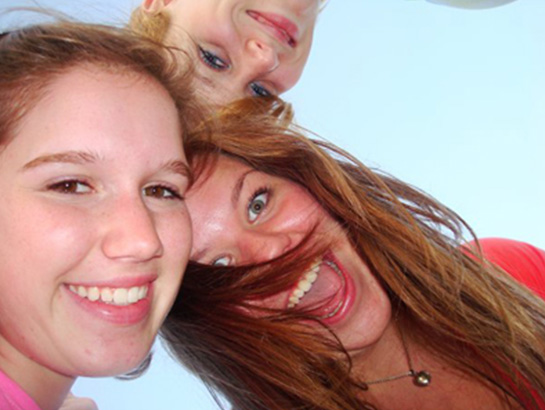
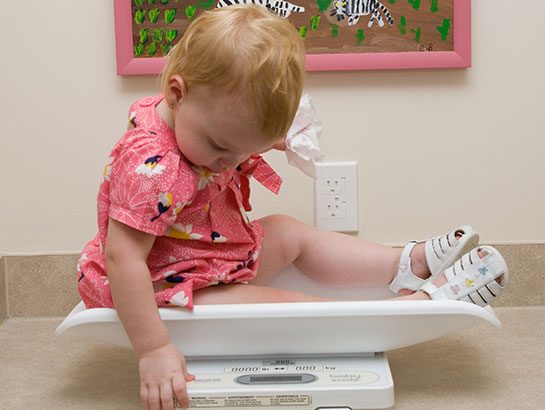
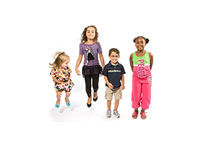




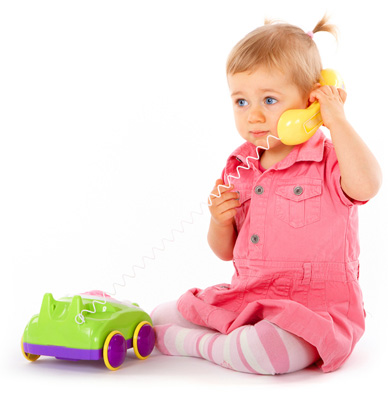
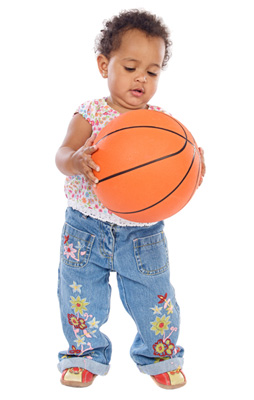
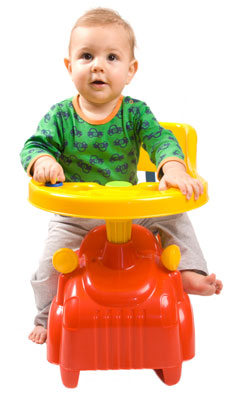 Your baby should continue to have breast milk or formula until he is one year old. Most babies now take 6 to 8 ounces of formula 4 times a day. Encourage your child to drink from a cup now. This is a good time to start preparing for weaning from the bottle at a year of age.
Your baby should continue to have breast milk or formula until he is one year old. Most babies now take 6 to 8 ounces of formula 4 times a day. Encourage your child to drink from a cup now. This is a good time to start preparing for weaning from the bottle at a year of age.